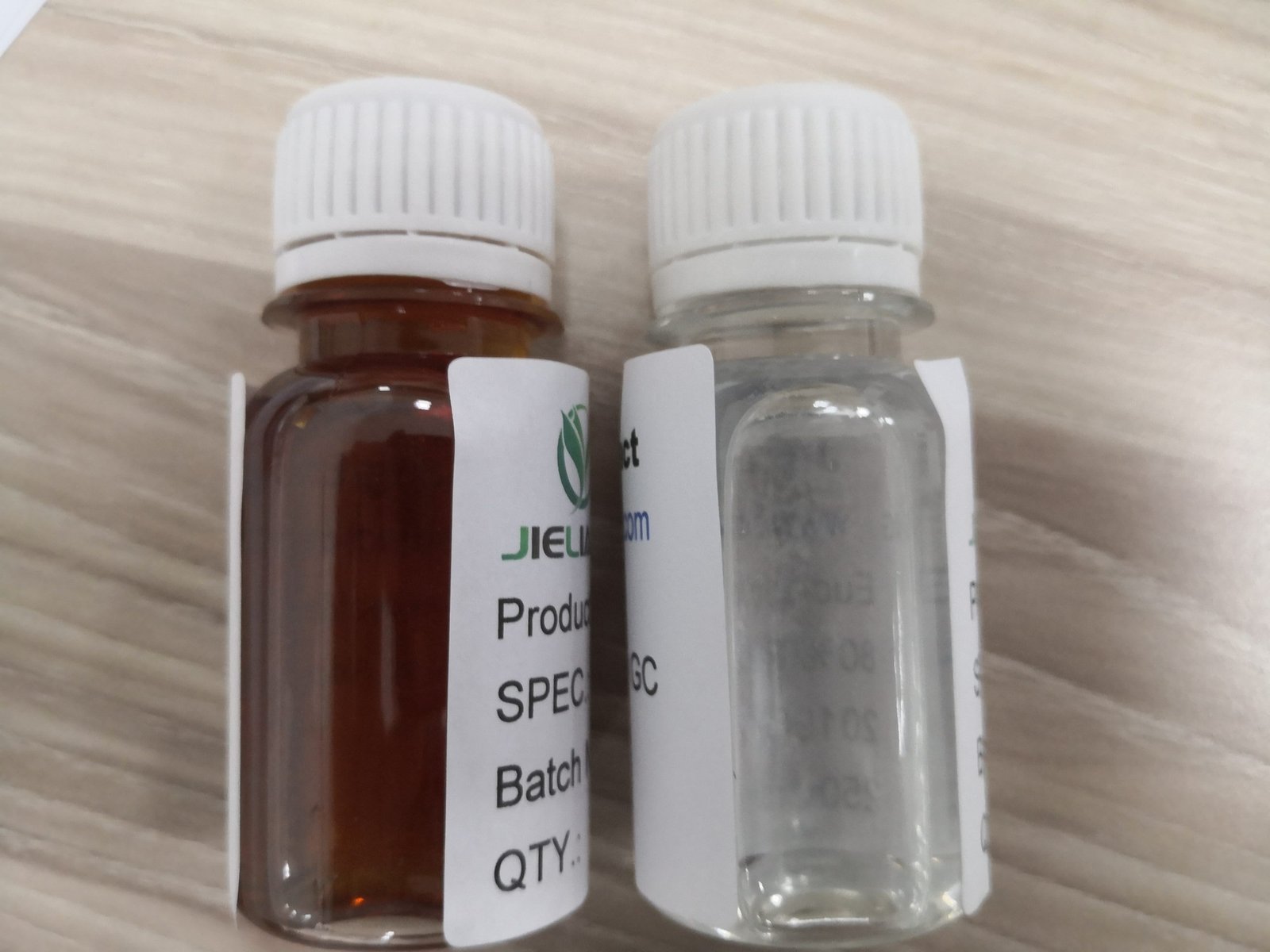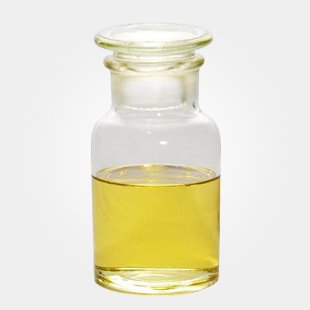INTRODUCTION
Cassia Oil, Cinnamon leaf Oil (CAS NO. 8007-80-5). It is a Steam-Distilled oil from the leaf and branch of the tree of Cinnamomum cassia Presl.
Cinnamaldehyde is a corrosion inhibitor for steel and other alloys. It is believed to form a protective film on the metal surface.
APPLICATION
Cassia oil, extracted from the bark of the Cinnamomum cassia tree, is a versatile essential oil known for its warm, spicy aroma and diverse applications. Here’s an overview of its primary uses:
-
Aromatherapy and Perfumery
With its cinnamon-like scent, cassia oil is popular in aromatherapy for its uplifting and stimulating effects, helping to boost mood, reduce stress, and improve mental clarity. In perfumery, it adds a warm, spicy note to oriental and woody fragrances.
-
Flavoring Agent
Cassia oil enhances food and beverages with its sweet, spicy flavor. It’s used in baked goods, candies, chewing gum, teas, and liqueurs, as well as in savory Asian dishes for added depth.
-
Medicinal Uses
Known for its antimicrobial, antifungal, and anti-inflammatory properties, cassia oil is used in traditional medicine to treat colds, flu, and digestive issues. Research also explores its potential in managing diabetes and reducing pain.
-
Cosmetics and Personal Care
Its antiseptic qualities make it ideal for soaps, lotions, and dental products, promoting skin and oral health. In massage oils, its warming effect soothes muscles and boosts circulation.
-
Household Uses
Cassia oil’s strong aroma acts as a natural insect repellent, effective in sprays or diffusers against pests like mosquitoes.
Caution is advised due to its high cinnamaldehyde content, which may cause skin irritation. Dilute properly and consult a professional if pregnant or managing health conditions.
CERTIFICATE OF ANALYSIS AND FINGERPRINT CHROMATOGRAPH







